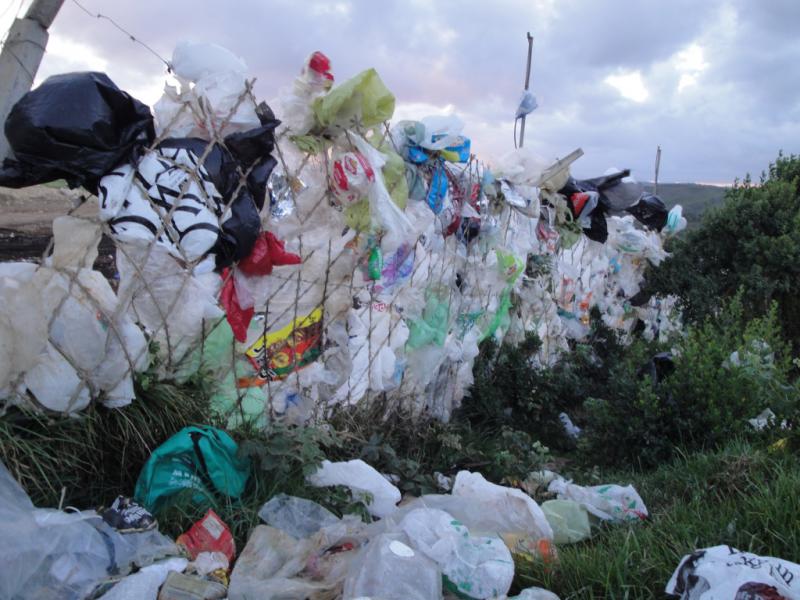Toyota: Mean and Not So Green?
Submitted by Anne Landman on
 As a manufacturer of gas/electric hybrid cars, Toyota has enjoyed a public image as an environmentally responsible company. Toyota runs television ads playing up the "green" appeal of its Prius hybrid.
As a manufacturer of gas/electric hybrid cars, Toyota has enjoyed a public image as an environmentally responsible company. Toyota runs television ads playing up the "green" appeal of its Prius hybrid.

 The
The  Junk mail kills trees, clogs mailboxes, packs landfills, wastes natural resources, and everyone would be glad to be rid of it. Right?
Junk mail kills trees, clogs mailboxes, packs landfills, wastes natural resources, and everyone would be glad to be rid of it. Right?  The Second Circuit of the United States Court of Appeals missed a great opportunity this week to hold the tobacco industry accountable for one of its worst marketing tactics -- positioning cigarette brands in response to smokers' medical concerns. The April 7, 2008, issue of the New York Times has an article about the
The Second Circuit of the United States Court of Appeals missed a great opportunity this week to hold the tobacco industry accountable for one of its worst marketing tactics -- positioning cigarette brands in response to smokers' medical concerns. The April 7, 2008, issue of the New York Times has an article about the